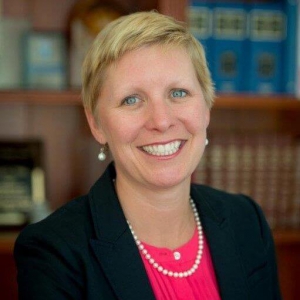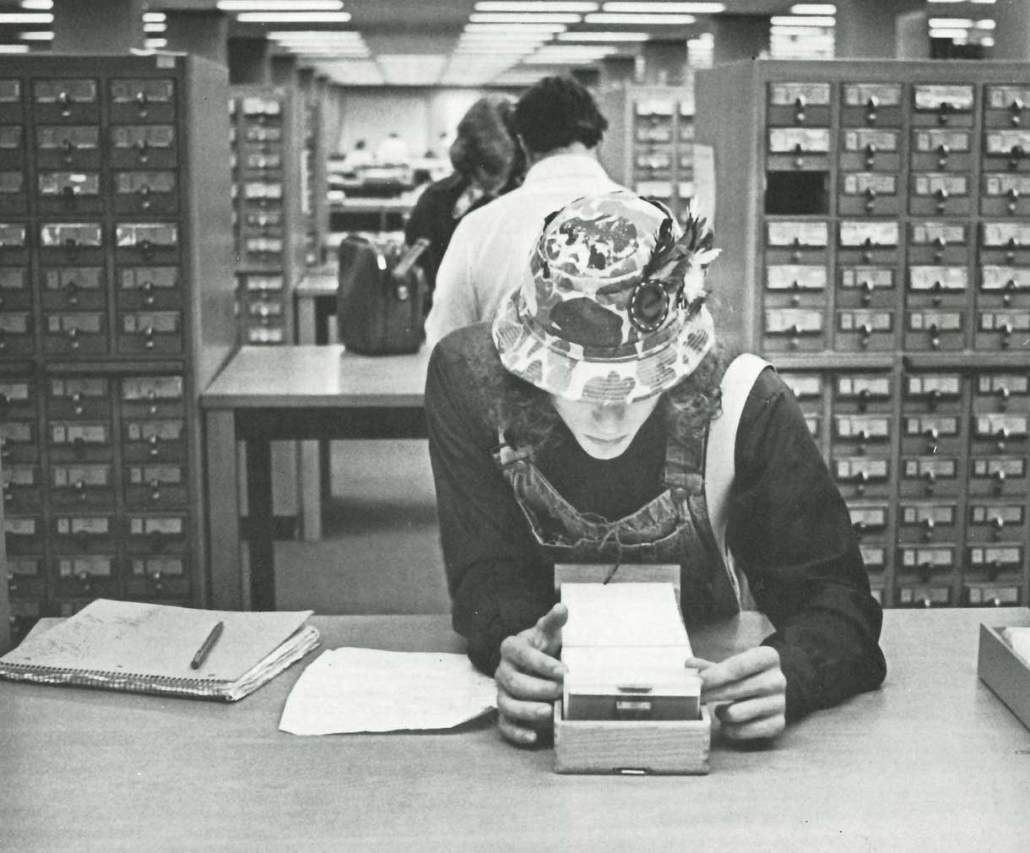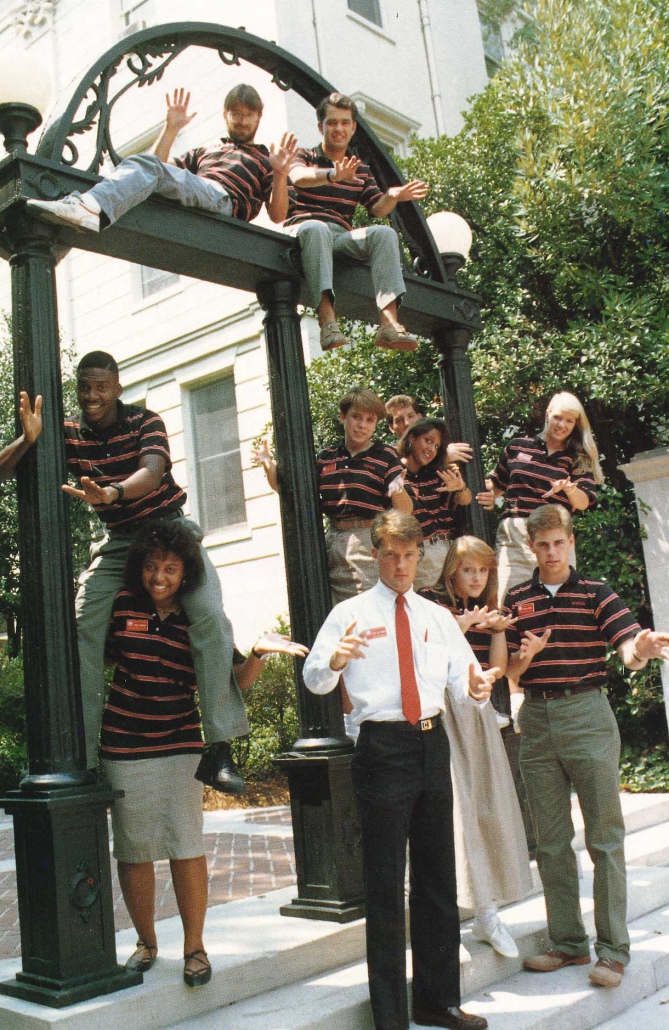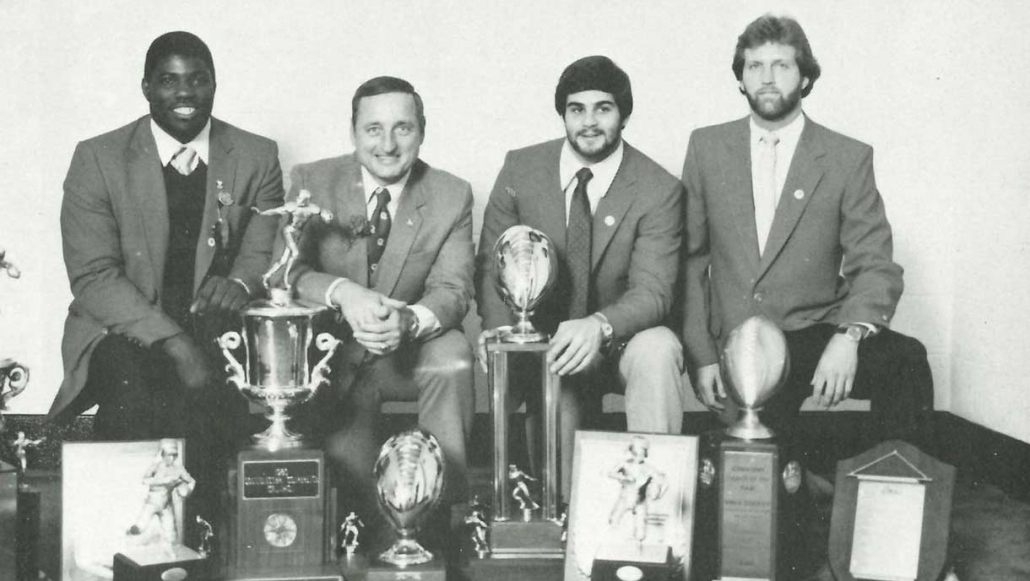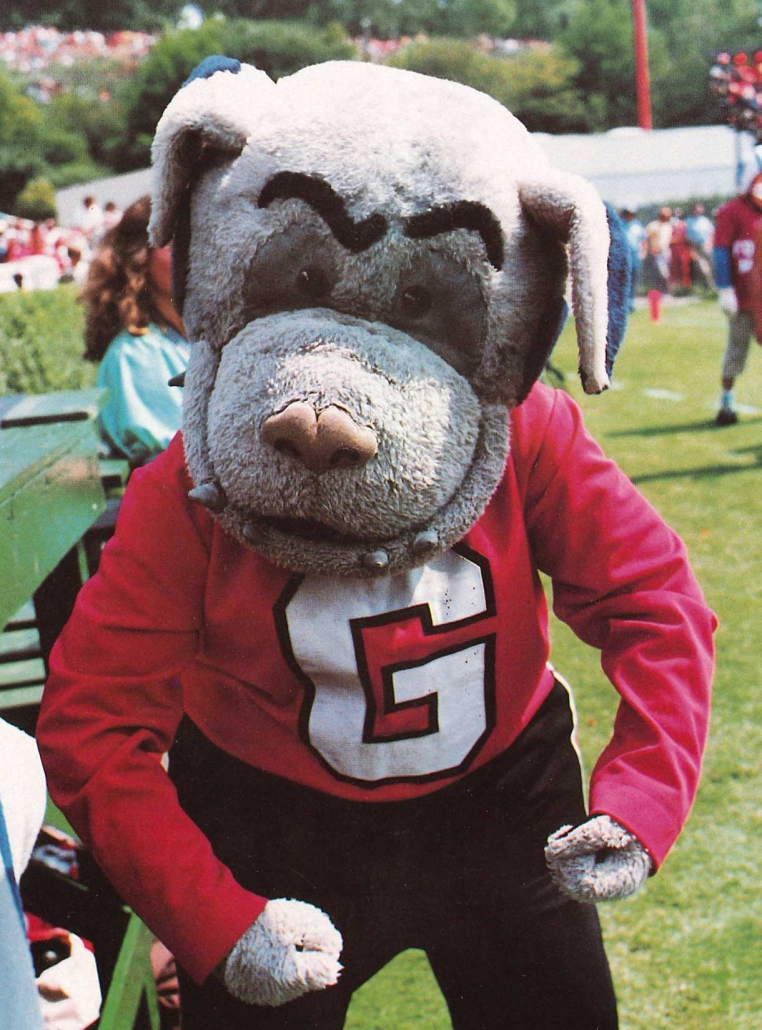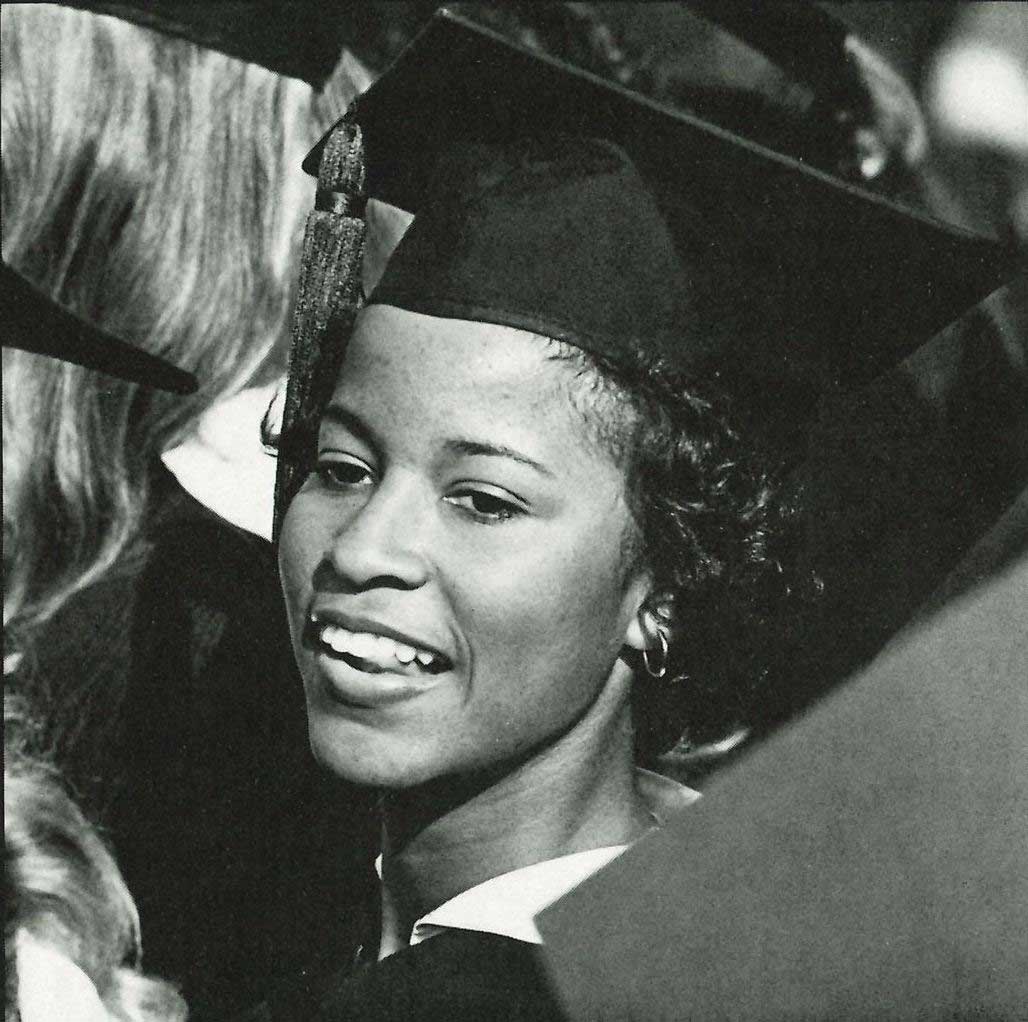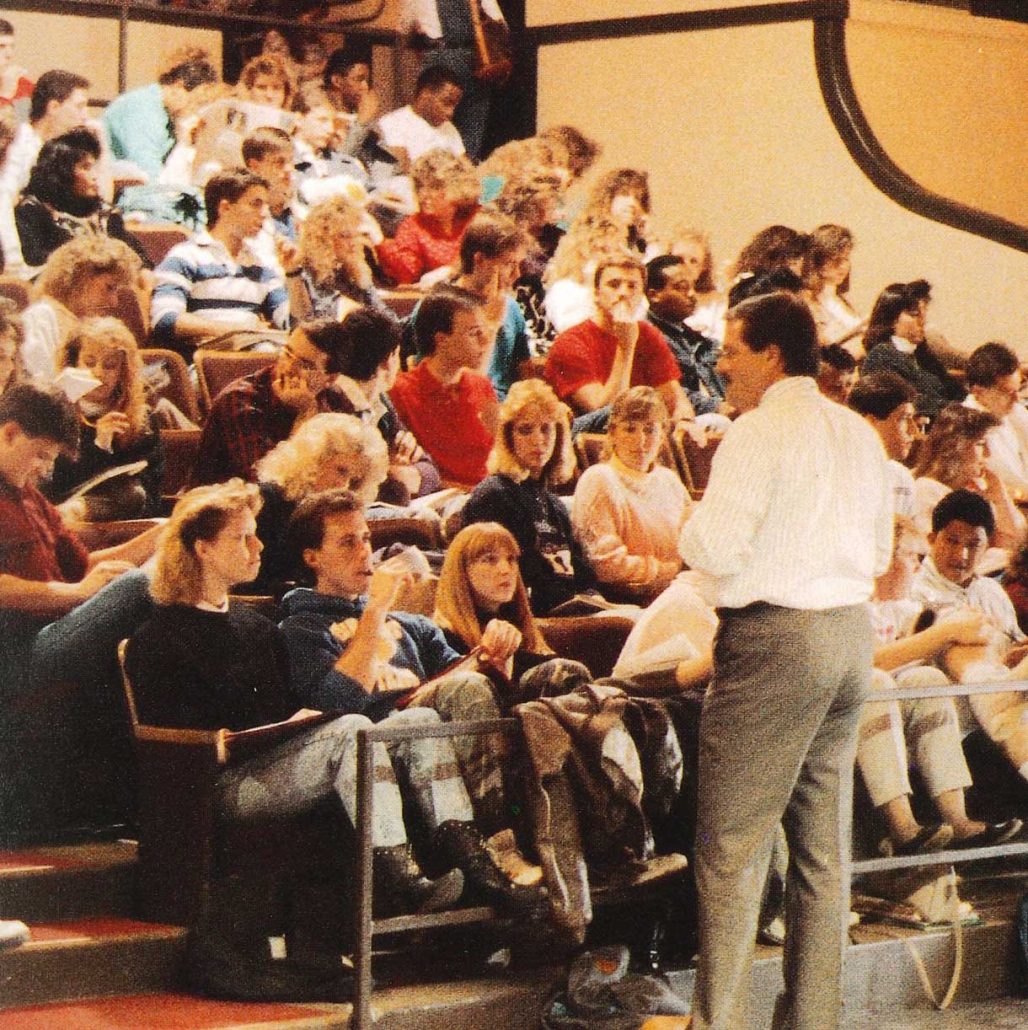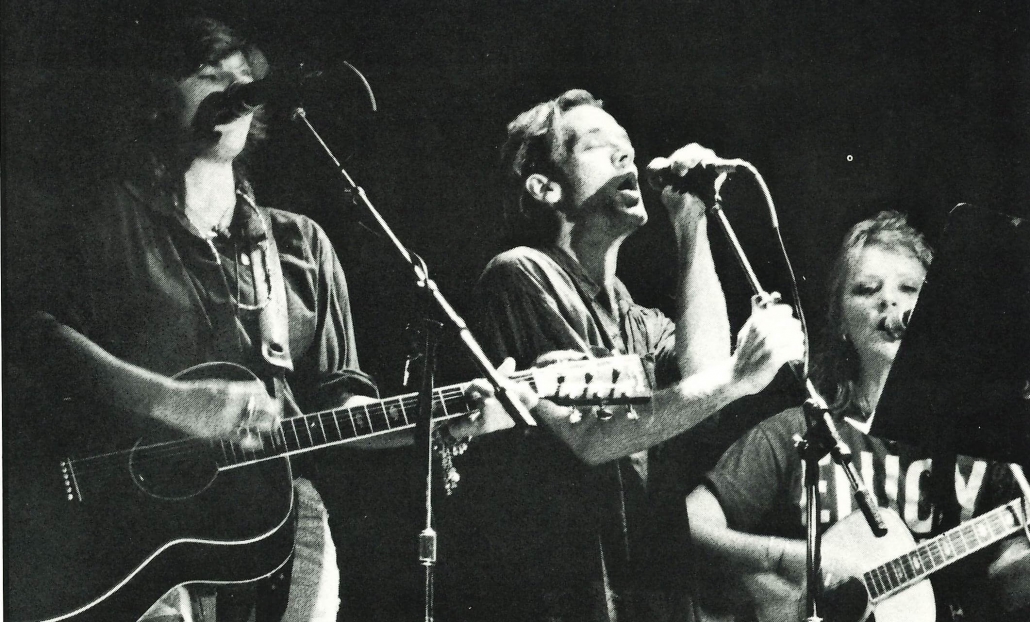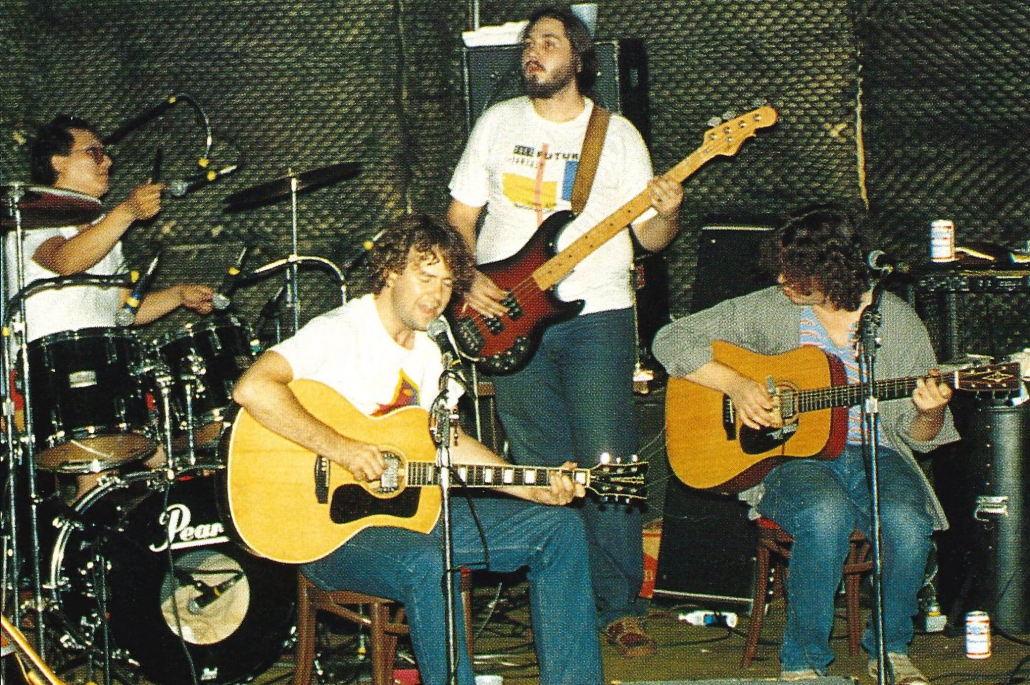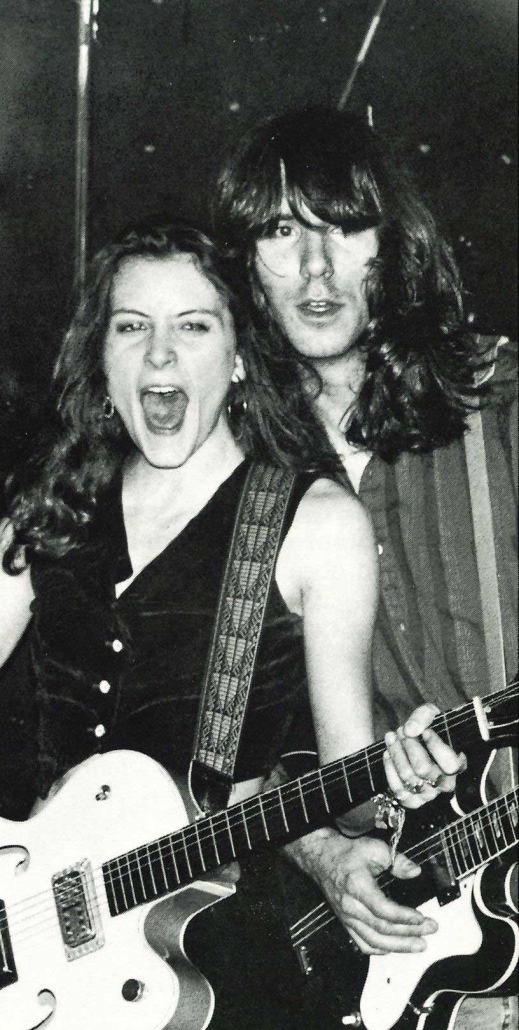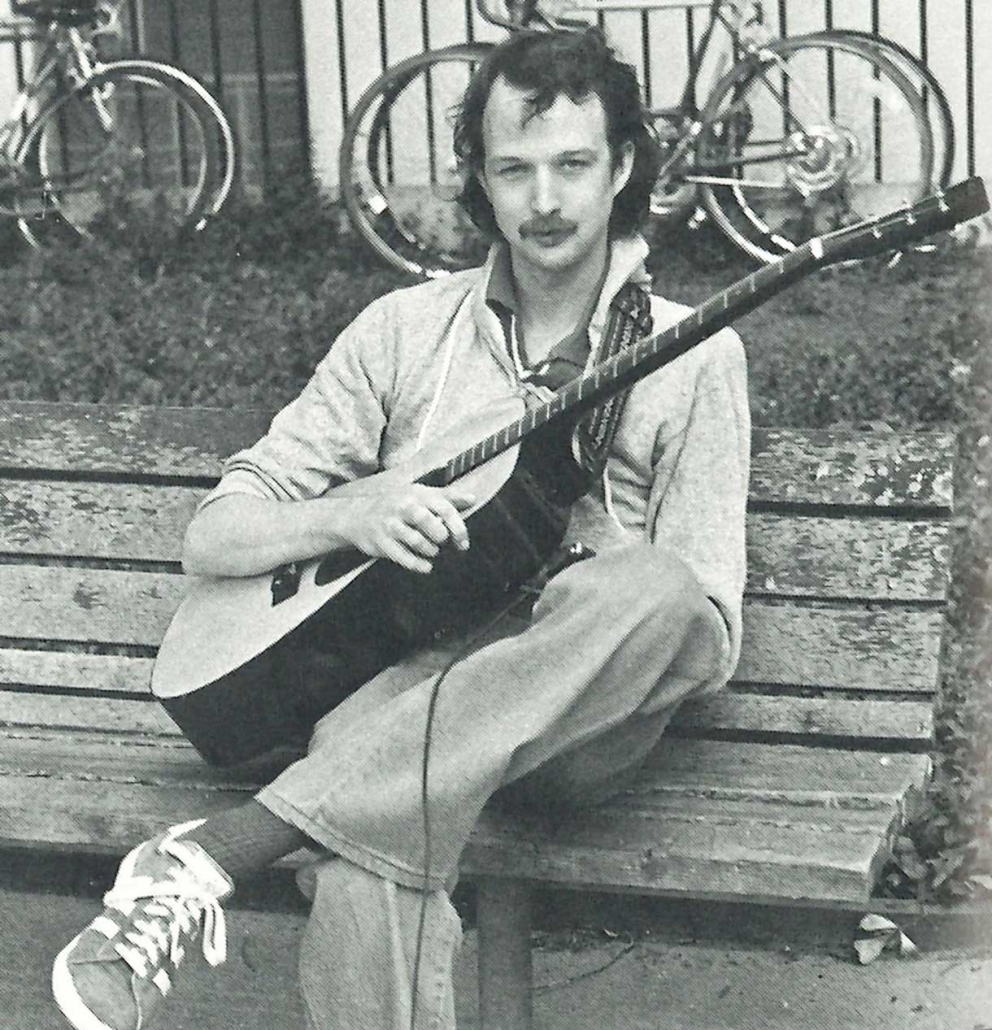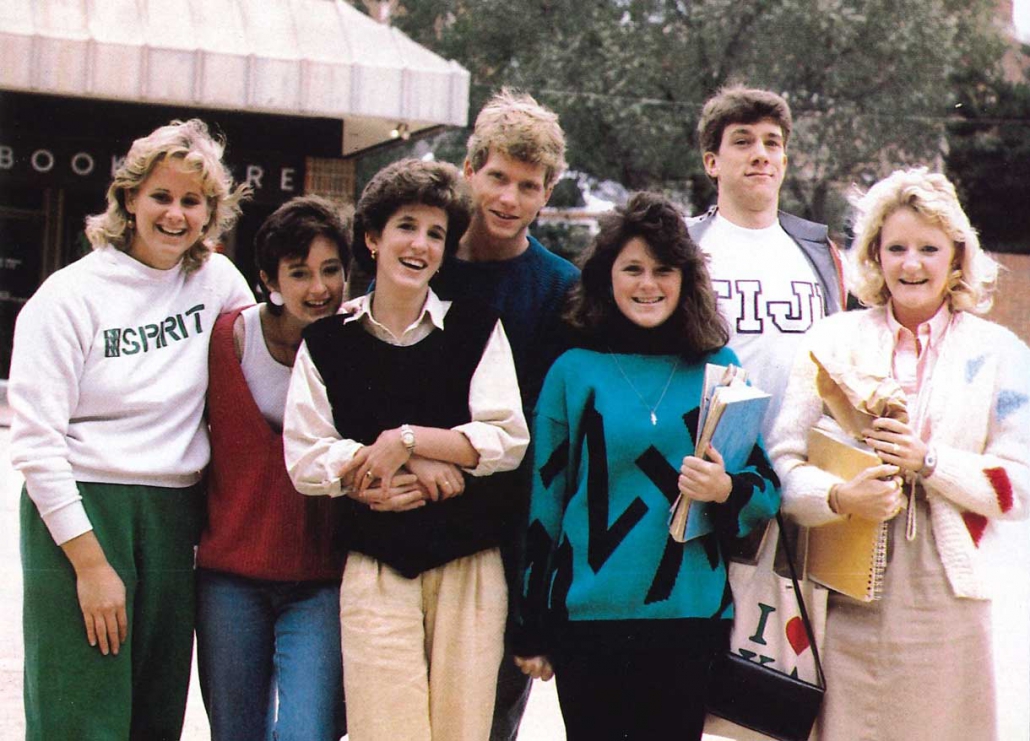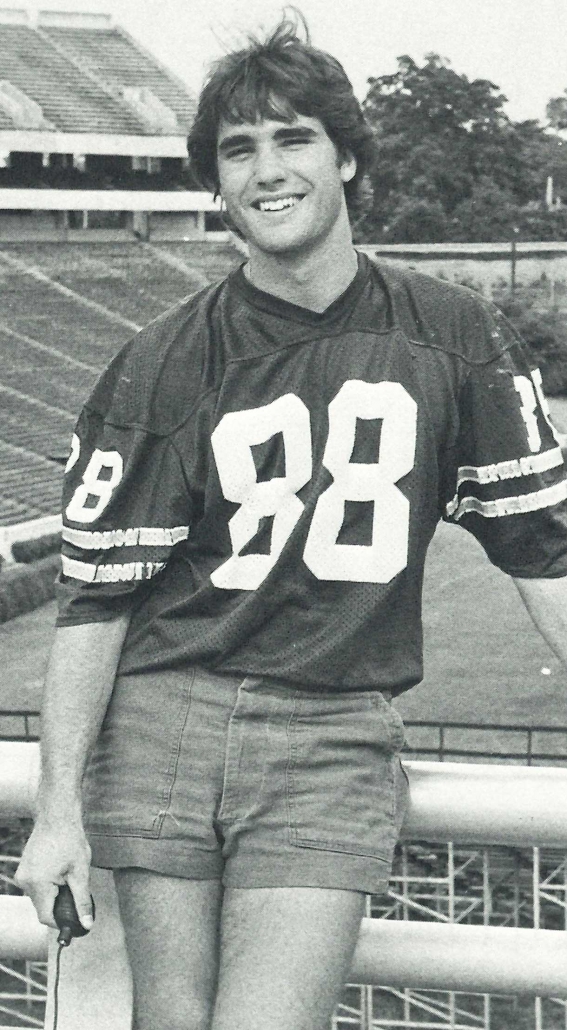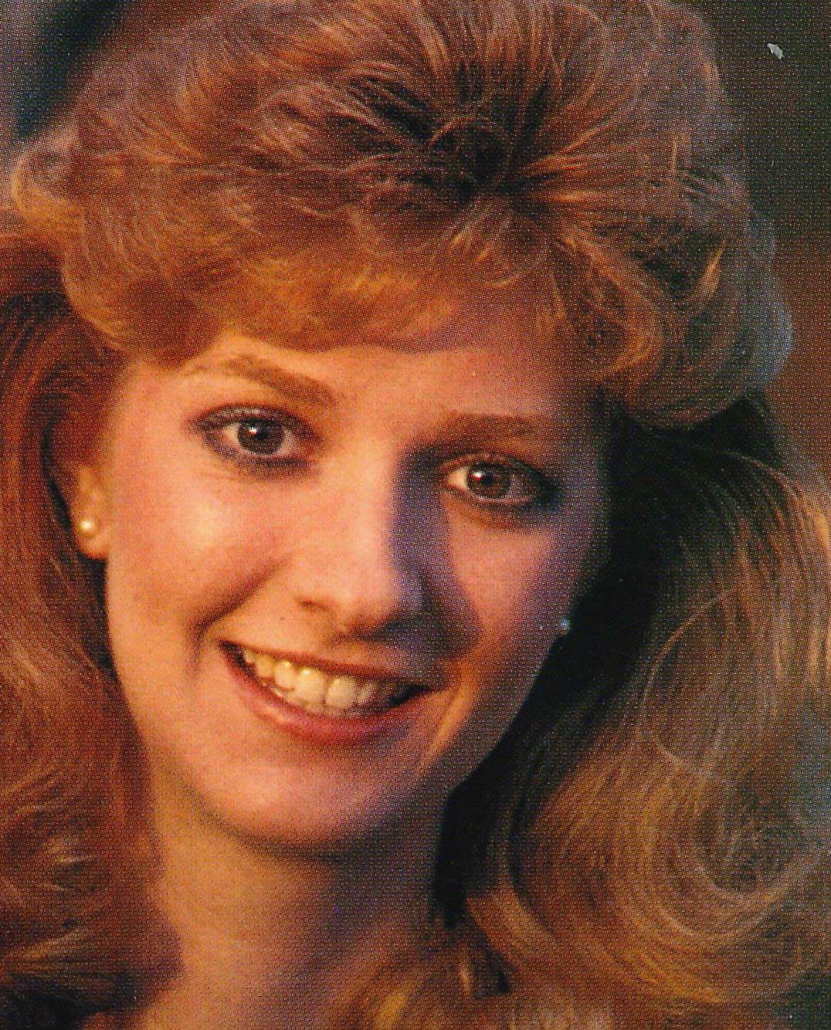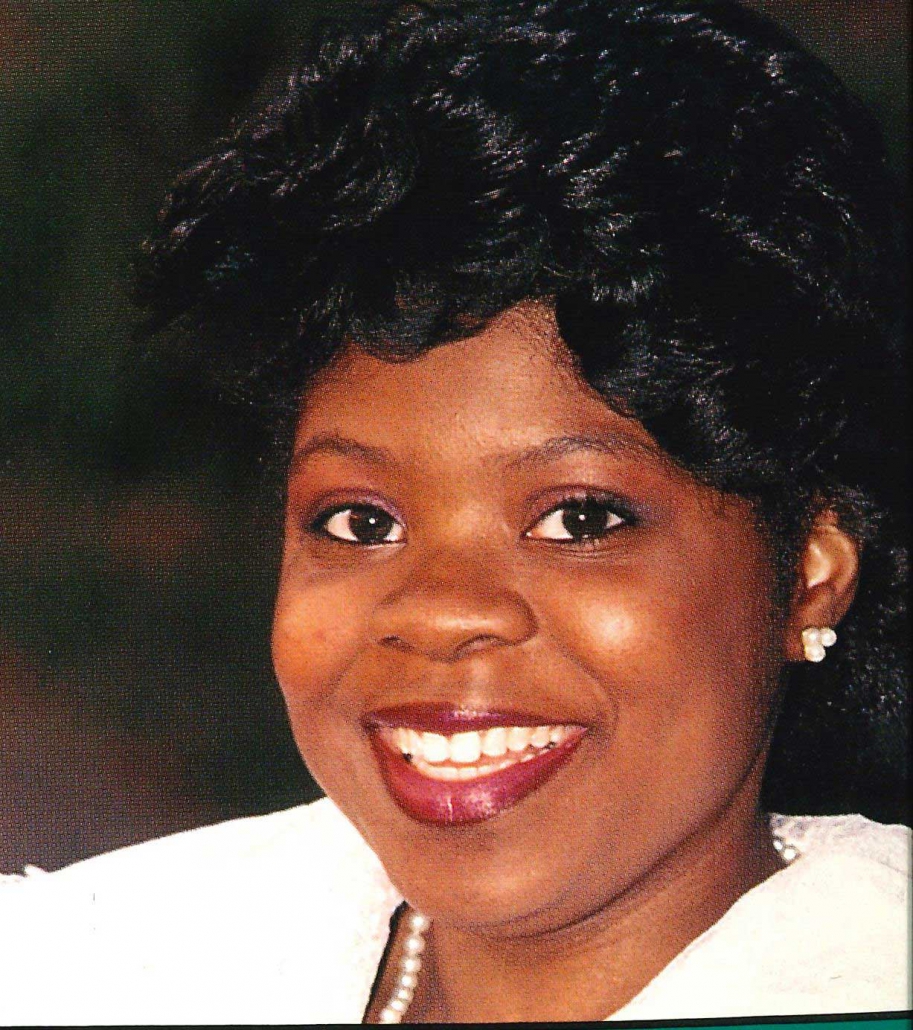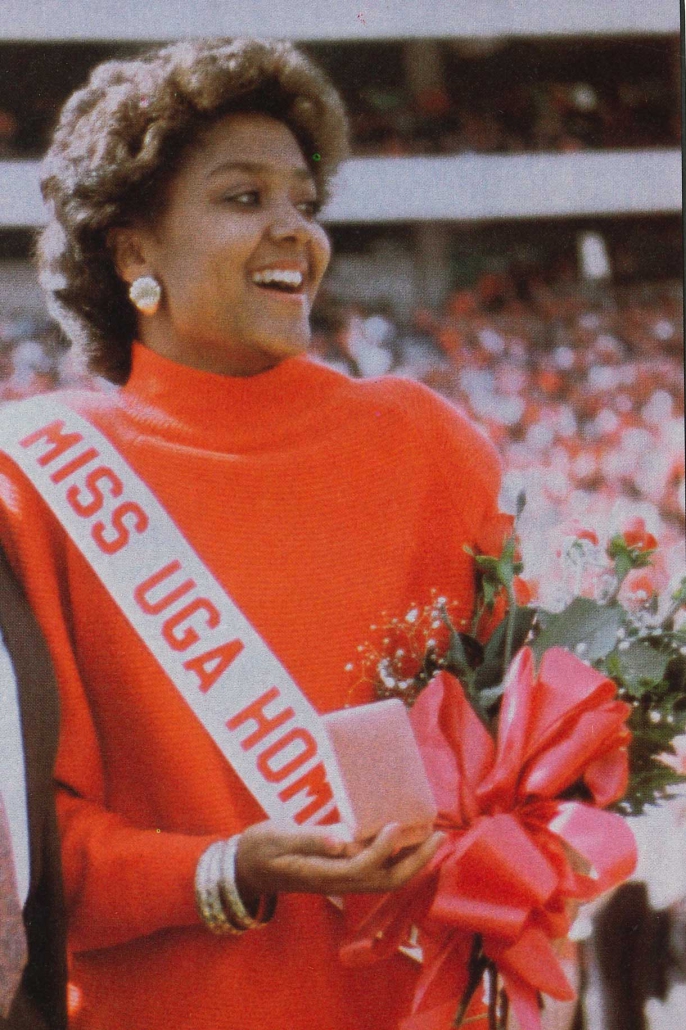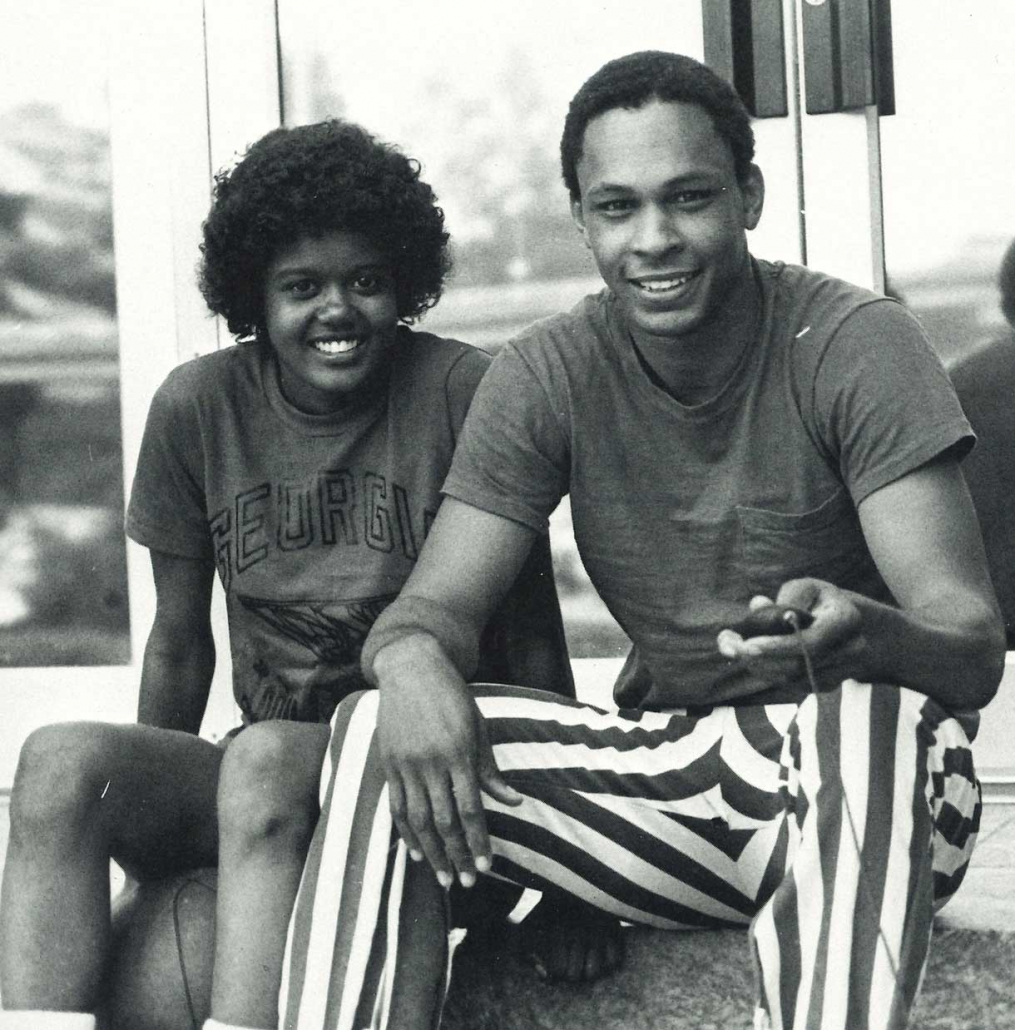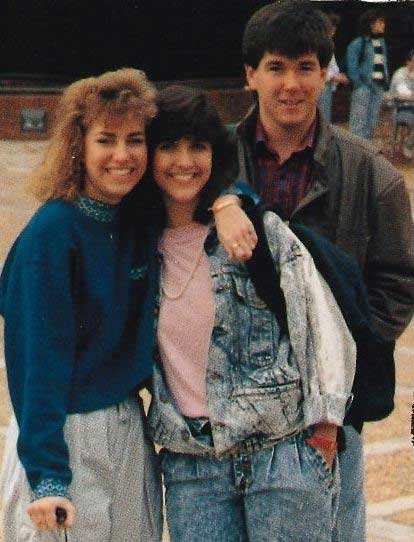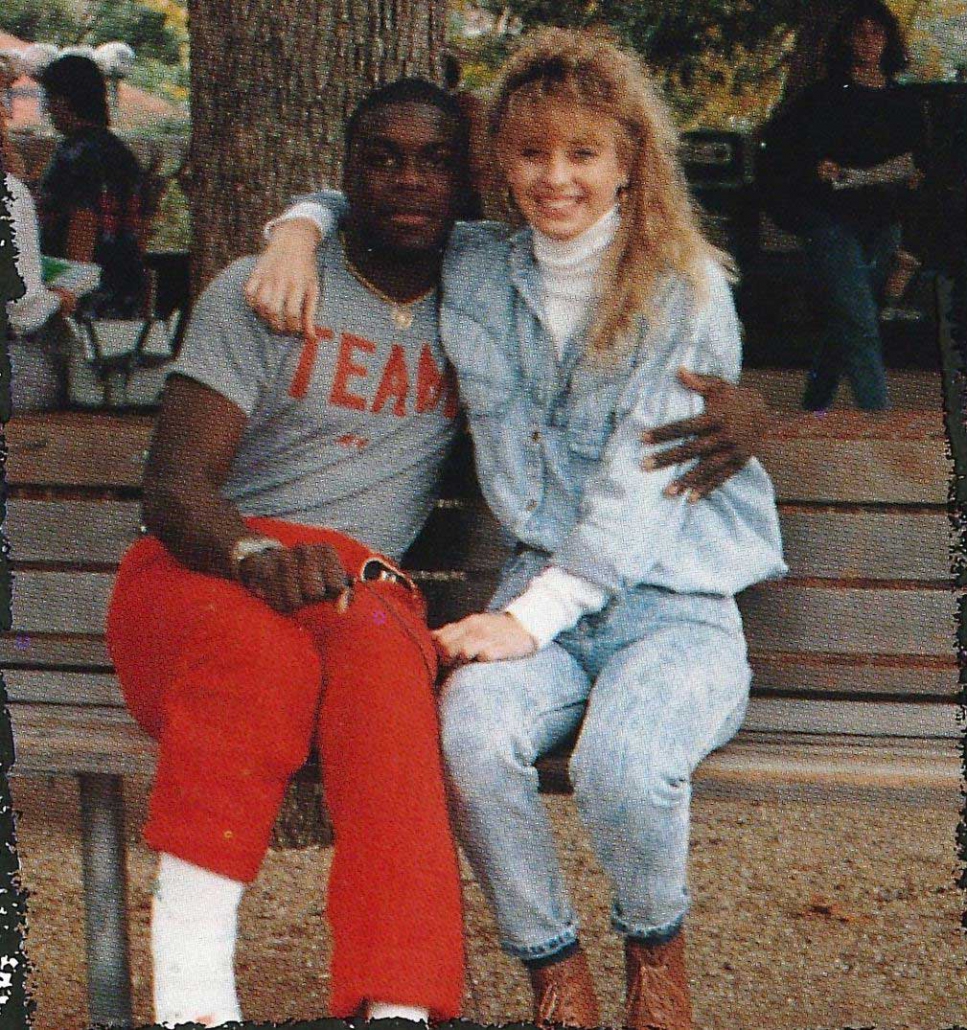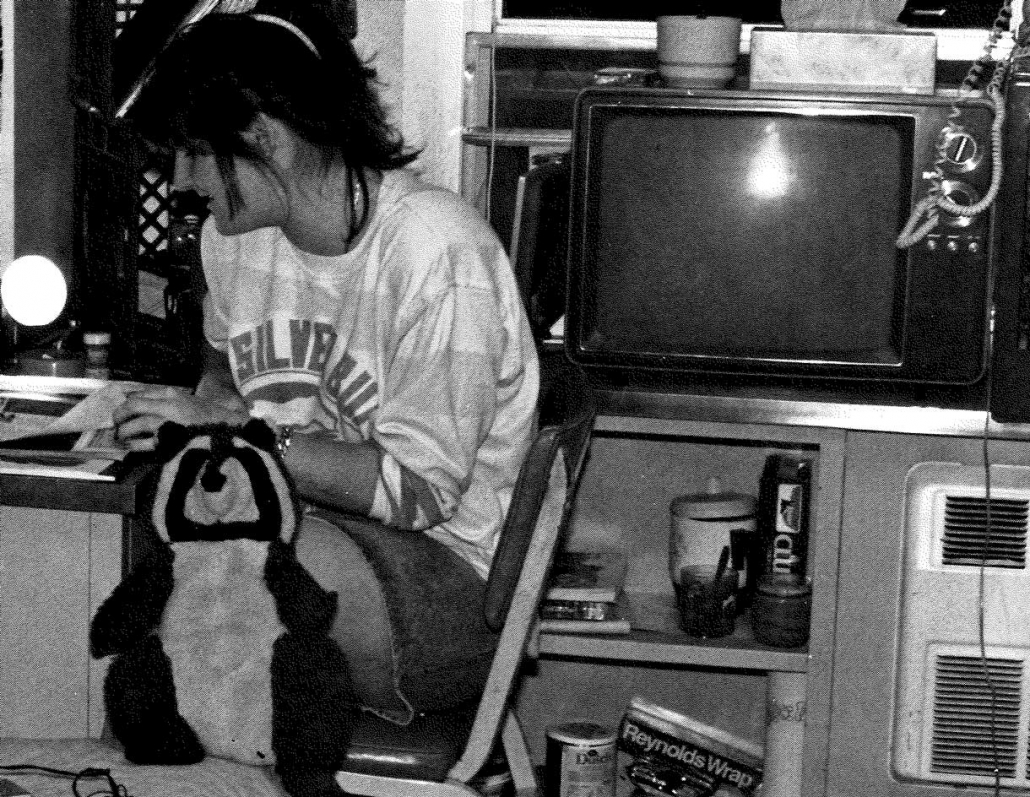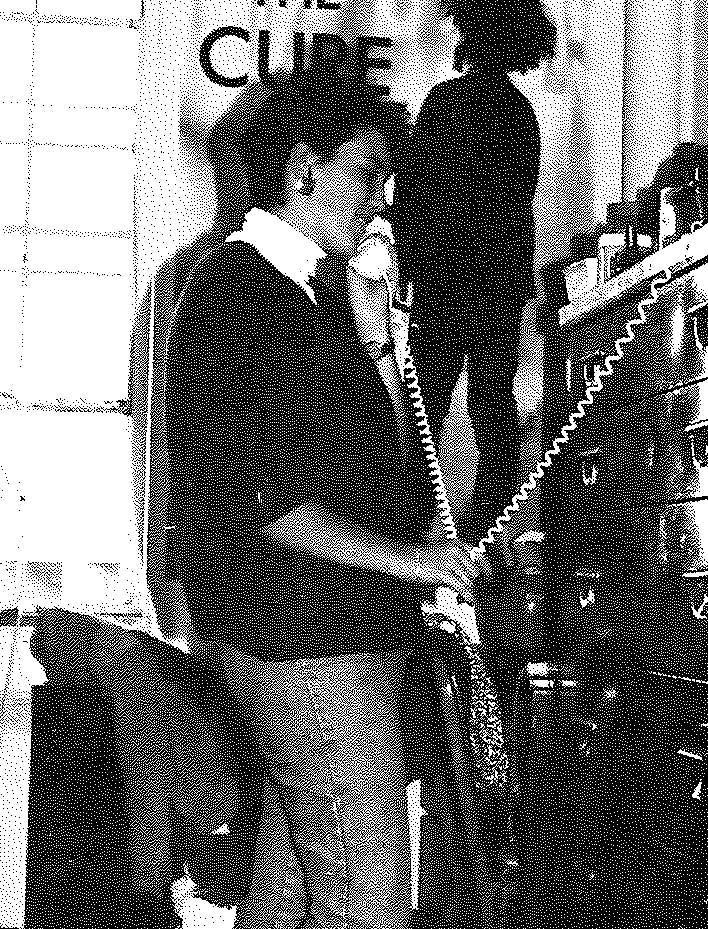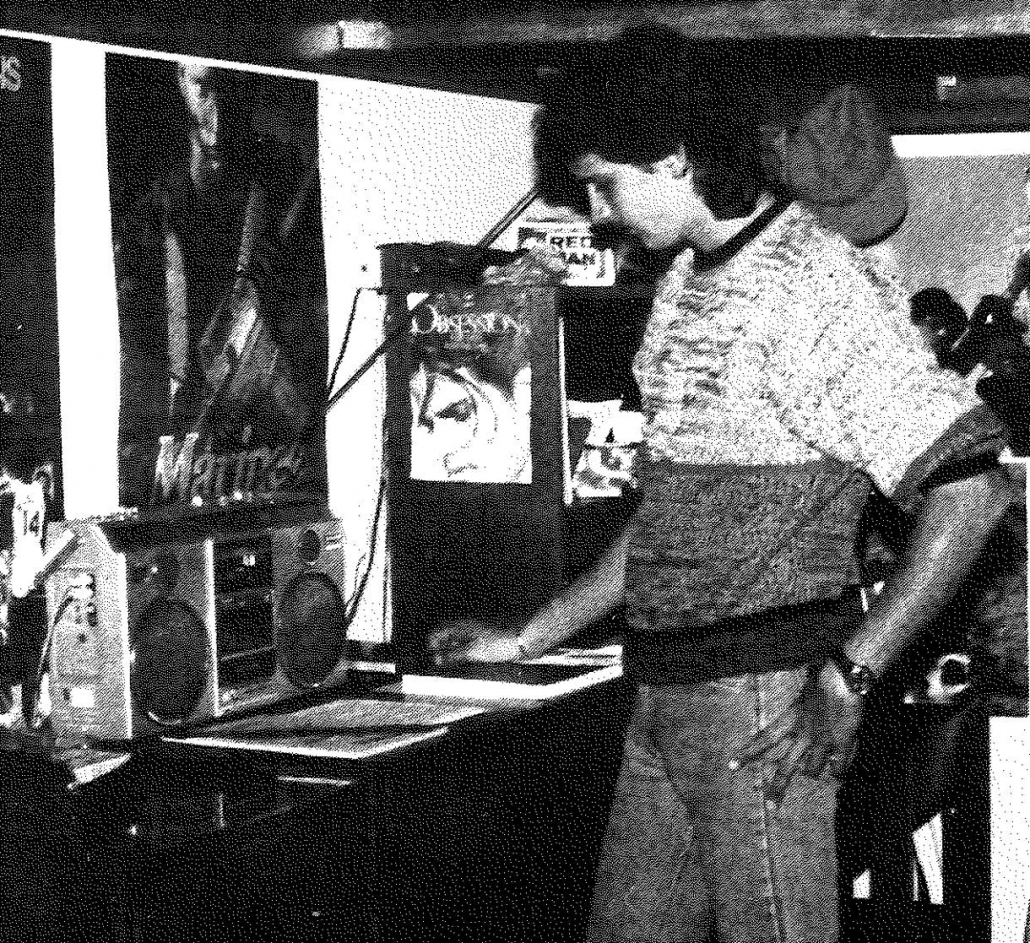As the birthplace of higher education in America, UGA is guided by a respect for history and tradition while keeping a firm eye on the future. We’re taking a trip down nostalgia lane this fall to learn about college life through the decades. So put on your acid wash jeans and roll up those blazer sleeves … it’s time to head back to the 1980s.
The 1980s were defined by pop culture, consumerism and the end of the Cold War. It was a spirited decade in America and that was no different on the UGA campus. Long-standing traditions found their humble beginnings during these years. Our historic campus also expanded with newly established buildings and organizations.
Students in the 1980s were hopeful and enthusiastic about the opportunity to improve the future. They embodied the spirit of UGA, striving to create better communities around the world and empower the next breed of Bulldogs to continue that tradition. Among UGA’s distinguished alumni from this decade, there are professional athletes, writers, educators, business leaders and government officials. Bulldogs from the ’80s demonstrate the incredible value of a degree from UGA.
Campus Highlights
Here are a few key moments from UGA’s history in the 1980s:
1980
- UGA was accorded sea-grant status
- Center for Global Policy Studies established (editor’s note: now the Center for the Study of Global Issues-GLOBIS)
- Coach Vince Dooley reinstated “silver britches” as part of the UGA football uniform
- The UGA football team won a National Championship
- The UGA Board of Regents voted to approve the Red and Black‘s independence from the university
- The UGA Athletic Association established its first women’s track and field team
1981
- Harold Wright became the first Black drum major for the Redcoat Marching Band
1982
1983
1985
- UGA celebrated the bicentennial of its founding
- The men’s tennis team won UGA’s first NCAA team title
1986
1987
1988
1989
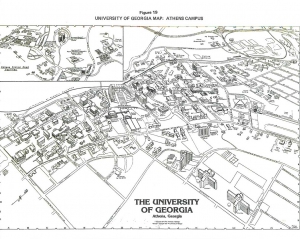
UGA’s campus in 1986. Notice any differences from today?
Classic City Entertainment
With a growing and more diversified music industry, Athens saw new bands and venues emerge in the 1980s. The 40 Watt Club moved to a larger space, and the landmark Georgia Theatre was reopened as a music venue in 1989.
The Athens music scene spread to houses around Baker Street and in clubs such as the Georgia Bar and Tyrone’s OC. College students danced to local bands like the Side Effects, the Tone Tones, the Method Actors, Pylon, Love Tractor, and the Brains. The B-52’s and R.E.M. paved the way in pop culture, becoming the first internationally renowned bands from Athens after launching a string of hits in the early ’80s.
Music Essentials
The 1980s saw the emergence of hip hop and electronic dance music. Artists like Madonna, Cyndi Lauper, Michael Jackson, and Def Leppard revolutionized the music scene with their eccentric looks and cutting edge performances. Reminisce on the ’80s with this UGA Alumni throwback playlist!
Fashion Trends
The 1980s boasted bold styles, colors and silhouettes. Eclectic fashion was all the rage, with trends ranging from permed hair and ripped jeans to shoulder pads and oversized blazers.
Most Bulldogs in the ’80s opted for casual attire like crew neck Georgia T-shirts, cuffed jeans, thick ankle socks and white sneakers or Doc Martens. “Power dressing” became popular at the height of the decade as women wore jumpsuits, structured tops, pinstripe pants, chunky jewelry and bright colored high heels. Androgynous fashion also evolved throughout the 1980s; women adopted a more traditionally masculine style, while men continued to experiment with traditionally “feminine” looks.
Technology
- Personal computers became common on campus in the 1980s. Many students swapped out their typewriters for computer labs in libraries and dorms. However, before the Internet, these computers were only capable of playing games, word processing, and mathematical calculations.
- Walkmans were the first form of portable, personal music. Students could be seen enjoying their favorite cassette between classes.
- Boomboxes were a much larger alternative to portable music. Students lugged these gadgets around campus and downtown, tuning into local radio stations like WUOG.
- VHS players allowed students to watch films from the comfort of their dorms, apartments and houses. Bulldogs could also record football games straight from the TV and watch the highlights later.
Whether you’ve been Calling the Dawgs since the 1980s or just learned the words to “Glory, Glory,” we remain united by the Arch and the Hedges. We are Georgia Bulldogs, and we Never Bark Alone.
Stay tuned as we continue on this trip down nostalgia lane. Next stop: the 1990s!
(and don’t forget to check out the 1970s post in this series!)
*Shannon Moran, writing/communications intern for UGA’s Division of Development and Alumni Relations, is researching and writing this special blog series.


